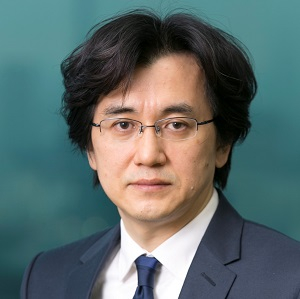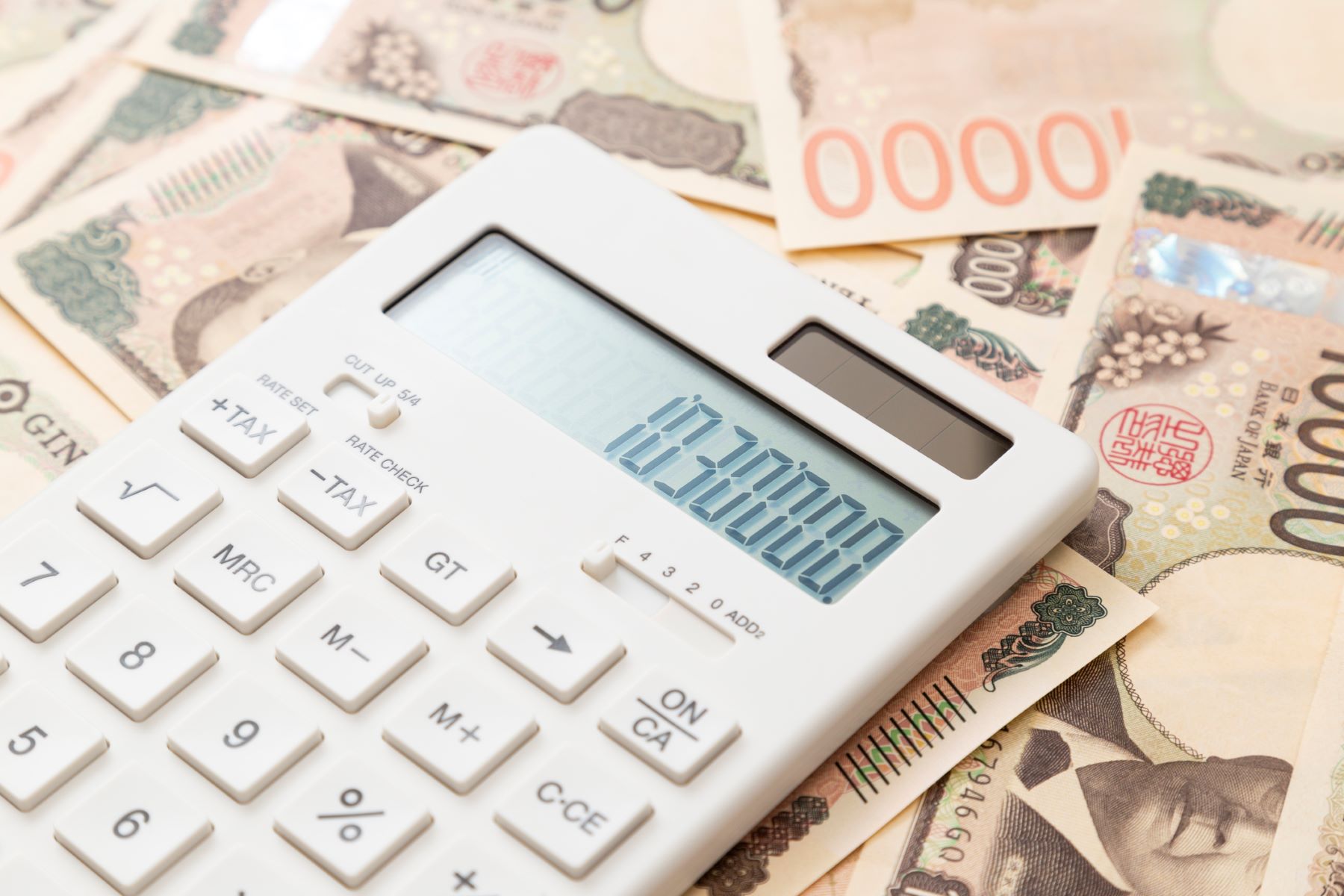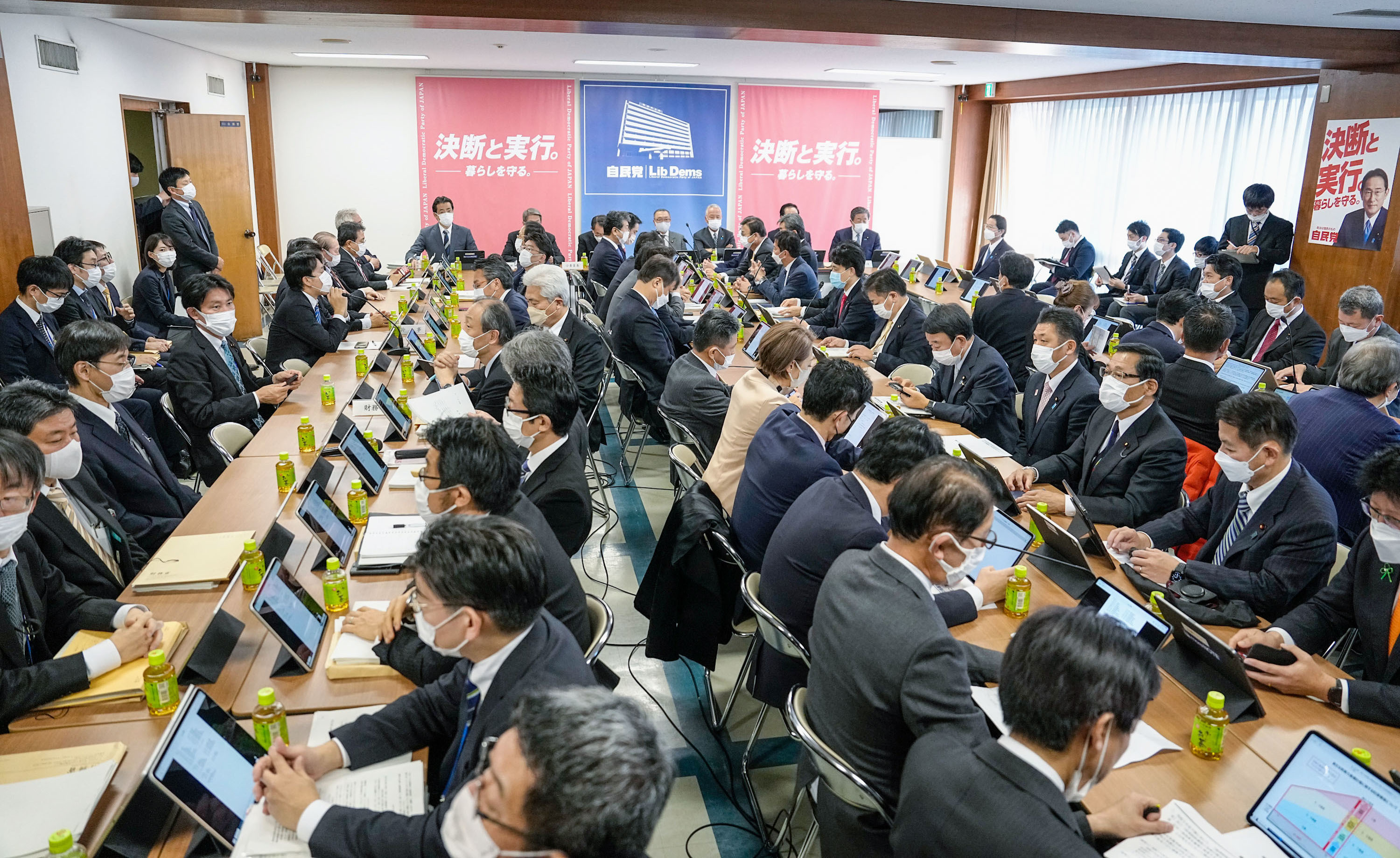After six years of political deadlock, Prime Minister Shinzo Abe's ruling coalition has won a majority in the upper house of the National Diet. In an interview with German broadcaster Deutsche Welle, Senior Fellow Sota Kato takes a look at the significance of the recent election.
* * *
DW: What was the decisive issue in this election?
Sota Kato: The key factor was the economy. "Abenomics" is generally perceived as a success by Japanese voters. For example, according to the Asahi's exit poll taken on Sunday, July 21st, 69 percent of the voters evaluated Abenomics favorably and 47 percent of them voted for Abe's Liberal Democratic Party (LDP) in the proportional-representation constituencies.
DW: What other issues played an important role for voters?
Kato: The electoral system of the upper house and division among opposing parties. The landslide victory of LDP owes much to its dominance in one-seat constituencies.
While LDP won 29 out of 31 seats (93.5) of the one-seat constituencies, it only won 18 out of 48 seats (37.5 percent) of proportional-representation constituencies. The anti-LDP votes were split among the divided opposing parties and, as political science theory predicts, such a split proved to be fatal for the opposing parties in one-seat constituencies.
DW: Why is this election so significant for Japan?
Kato: First, its marks the end of nejire kokkai or the "twisted diet." Since the Japanese upper house holds substantial "veto power" over both legislative and budgetary processes of Japanese politics, the end of the "twisted diet" makes things much easier for the Abe administration to implement drastic policy plans. Second, Abe now doesn't have to face a national election for three years. This also allows his administration to seek long-term policy solutions for the Japanese economy.
DW: Now that Prime Minister Shinzo Abe's coalition has control of both chambers, what economic and structural reforms is he expected to push through?
Kato: On one hand, he might try to implement long-term structural plans such as social security and pension reforms. One the other hand, since Abe's term as the president of the LDP expires in two years, he might focus more on intra-party politics. If the latter prevails, vested interests filled in LDP might hinder the prime minister's attempts to pursue any meaningful structural reforms.
DW: How likely is it that Prime Minister Abe will now succeed in his plans to revise Japan's pacifist constitution?
Kato: I think Abe is wise enough to wait until his popularity from the public and his support base within LDP remain firm and stable. The key for realizing this is economics. So I think Abe will first keep on pouring his energy to improve economics through post-election Abenomics.
The interview was conducted by Gabriel Domínguez. Reprinted with permission from the Deutsche Welle website .




